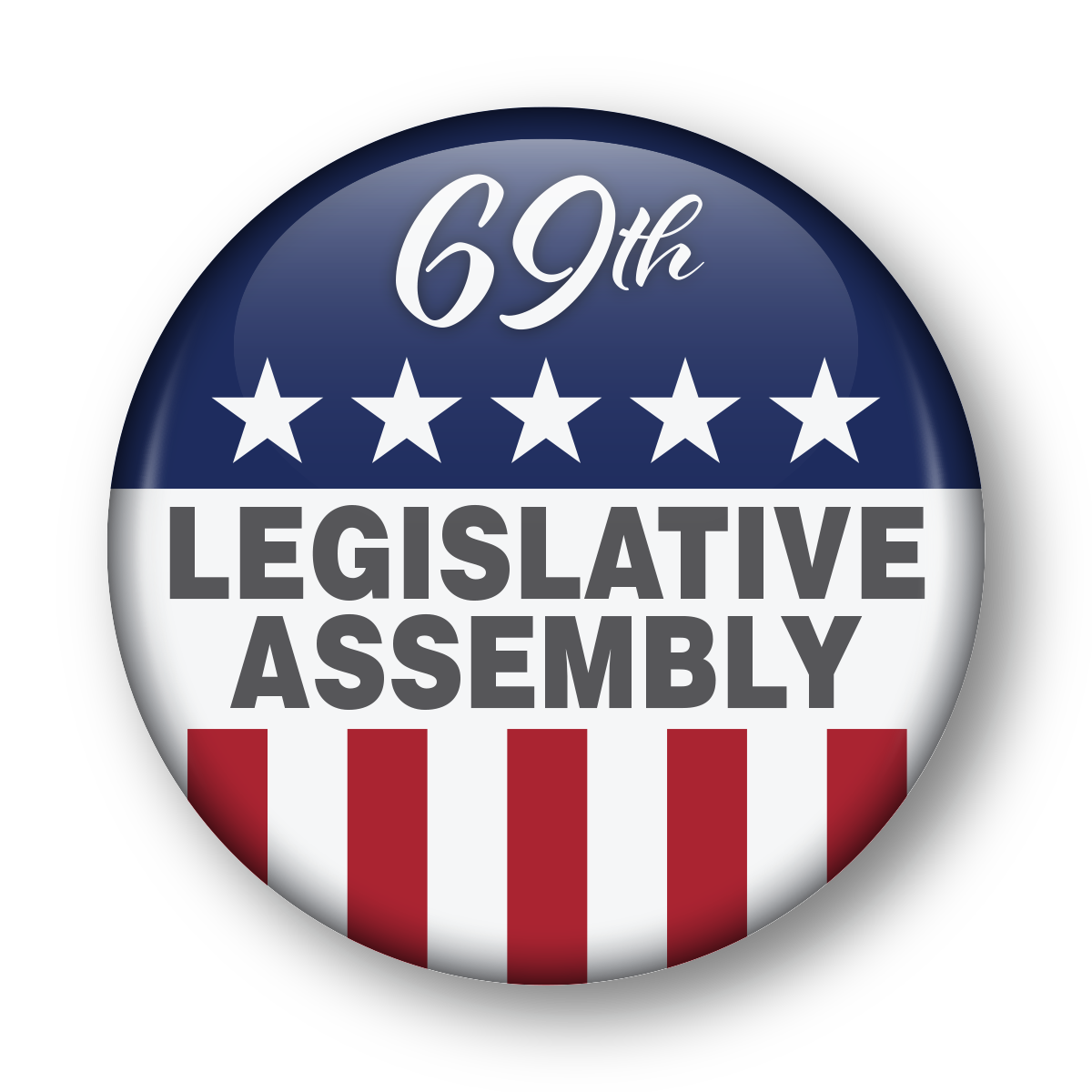-

-
Smart Policy for Carbon Infrastructure
GNDCTuesday, February 11, 2025
The conversation around carbon dioxide (CO2) policy remains a focal point in North Dakota’s legislative session, with several bills under consideration that could significantly impact carbon capture, utilization, and storage (CCUS) projects. While discussions on these policies are often polarized, one fact remains clear—North Dakota has positioned itself as a leader in energy innovation, and maintaining a stable, pro-growth policy environment is critical to keeping us competitive.
CHALLENGES TO CARBON INFRASTRUCTURE
Several bills introduced this session would create roadblocks for CCUS projects, adding uncertainty and financial burdens that could deter investment in the state:- HB 1295 – Repeal existing tax incentives.
- HB 1573 – Impose a $5 per ton pore space utilization tax, making CO2 sequestration projects more costly.
- HB 1414, & HB 1292 – Remove common carrier status for CO2 pipelines, eliminate eminent domain authority, and repeal key legal frameworks for underground CO2 storage.
- HB 1574 – Prohibits direct air carbon dioxide capture projects, restricting potential new innovations in emissions reduction.
- HB 1210 – Establishes a lien against pipeline operators for any property within a 25-mile radius of a pipeline release or rupture, significantly increasing liability risks.
WHY BUSINESSES SHOULD PAY ATTENTION
North Dakota’s ability to attract capital investment in energy and industrial projects depends on regulatory consistency. Businesses, particularly in energy, manufacturing, and agriculture, are investing heavily in carbon management strategies to meet market/consumer demands. A stable, predictable regulatory environment ensures these investments continue to flow into our state rather than elsewhere.
By creating additional financial hurdles, eliminating incentives, and disrupting existing legal frameworks, these bills could jeopardize North Dakota’s leadership in carbon storage and utilization.
Infrastructure policy should focus on innovation, long-term certainty, and ensuring our state remains a leader for development and industry investment. We need to double down on our current reputation and success. Instead of policy shifts that create instability, legislators should focus on consistent messaging, long-term investment strategies, and ensuring businesses have the tools they need to thrive.Tell a Friend
-
The catalytic leader and unifying voice for economic prosperity throughout North Dakota.

